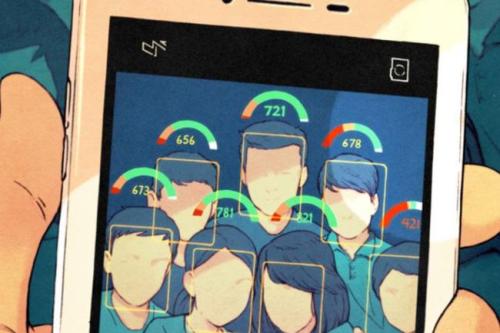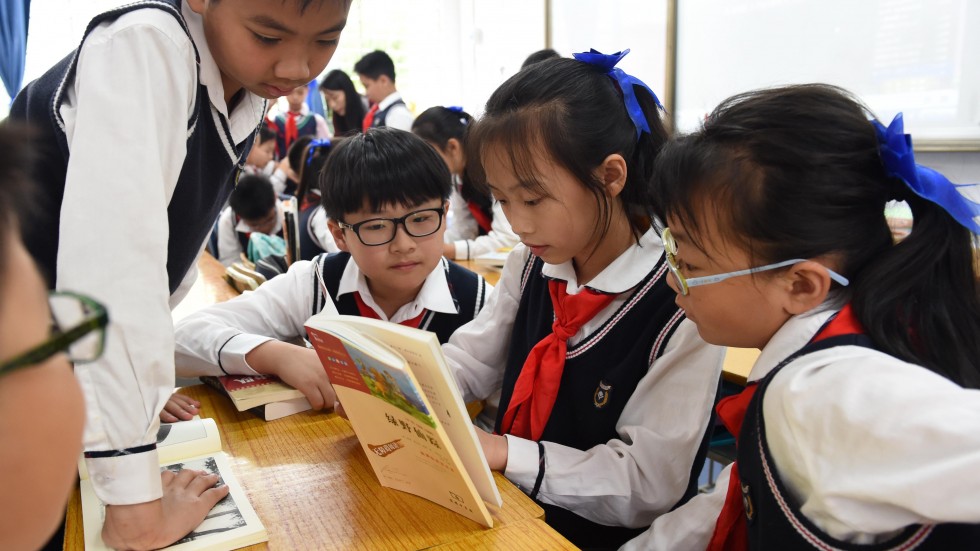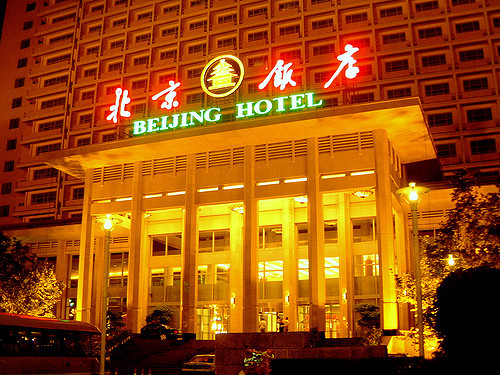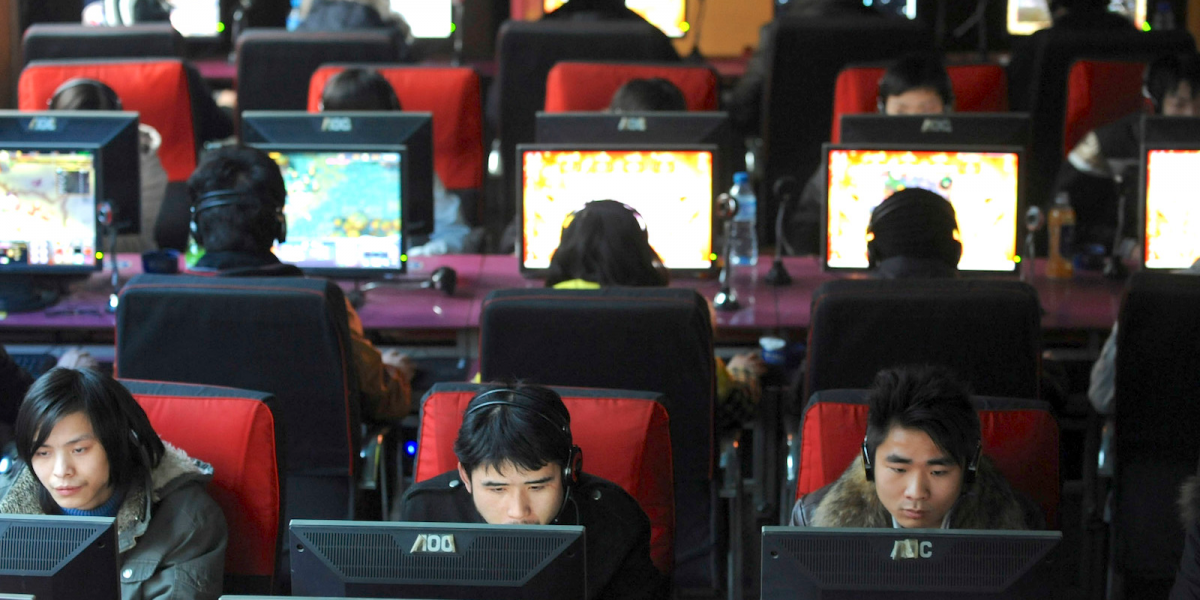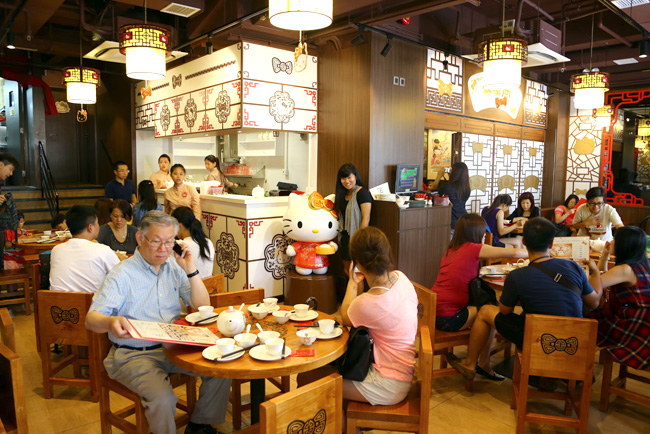In China, You Need A Good "Social Score" To Stay At Hotels, Travel, And Get Good Internet
The lower your social score, the more you will get banned from.
China has gone full ‘Black Mirror’. Millions of citizens are now subject to a nationwide social rating system, which ranks each individual based on how "good" or "bad" they have been behaving.
The "social credit system", first announced in 2014 by the local government, aims to "rate and punish" citizens based on their compliance with social norms and rules.
Good behaviour will score you extra points, while bad ones will get them docked off. Hence, an individual’s social score can move up and down depending on how one behaves in public.
Though the programme will only be mandatory for all by 2020, millions of citizens are already affected by it.
Sesame Credit, as it is called, gives users a score based on five dimensions of information: personal information, payment ability, credit history, social networks and behaviors.
Some offences that you can get punished for include trying to ride with no ticket, loitering in front of boarding gates, driving badly, buying too many video games, criticising the government, or smoking in non-smoking areas.
1. Banned from travelling or taking the train
About nine million Chinese with "poor social ratings" have already been prevented from buying domestic flight and train tickets, according to stats reported by Channel News Asia.
Chinese journalist Liu was ordered by the court to apologise for a series of tweets he wrote. However, when he did, he was told that his apology was considered insincere. He later found out that he had been blacklisted from travelling when he tried to book a flight.
"I can't buy property. My child can't go to a private school," he said. "You feel you're being controlled by the list all the time," reported CBS.
Li Xiaolin, a lawyer who was placed on the list in 2015, also found that he could not purchase plane tickets home while on a work trip, Human Rights Watch reported.
2. Prevented from getting the best jobs
Low score individuals will also not be hired by certain employers and will be forbidden from getting jobs that need "trustworthy people", such as in journalism and legal fields.
A 2016 government notice encourages companies to consult the blacklist before hiring people. Apparently, people will be notified before they are added to the blacklist and will have 10 days to appeal in the court.
3. Banned from continuing their studies or from sending their children to the best schools
Citizens with "low social scores" are also prevented from sending their kids to high-paying private schools, Botsman said.
According to the Beijing News, 17 people who refused military service were banned from continuing with their studies, applying for high school or pursuing high education.
4. Prohibited from staying at hotels
Low rating individuals will be restricted from staying at certain hotels. However, those with good scores are able to speed up applications to visit certain countries in Europe, according to Botsman.
One woman from Beijing said to BBC in 2015 that the system allowed her to book a hotel without having to pay a cash deposit simply because she had a good score.
5. Disrupted Internet speed
Under China’s social scoring system, "people with low ratings will have slower internet speeds..." says author Rachel Bosman.
Some other offences include spending too much time playing video games, wasting time online shopping, and even posting on social media.
While the government sees the system as a way to raise honest and trustworthy citizens, Botsman called it "a futuristic vision of Big Brother out of control"
A 32-year-old entrepreneur, Chen, told Foreign Policy: "I feel like in the past six months, people’s behaviour has gotten better and better.
"For example, when we drive, now we always stop in front of crosswalks. If you don’t stop, you will lose your points."
According to the commission, new rules will be implemented as of 1 May.

